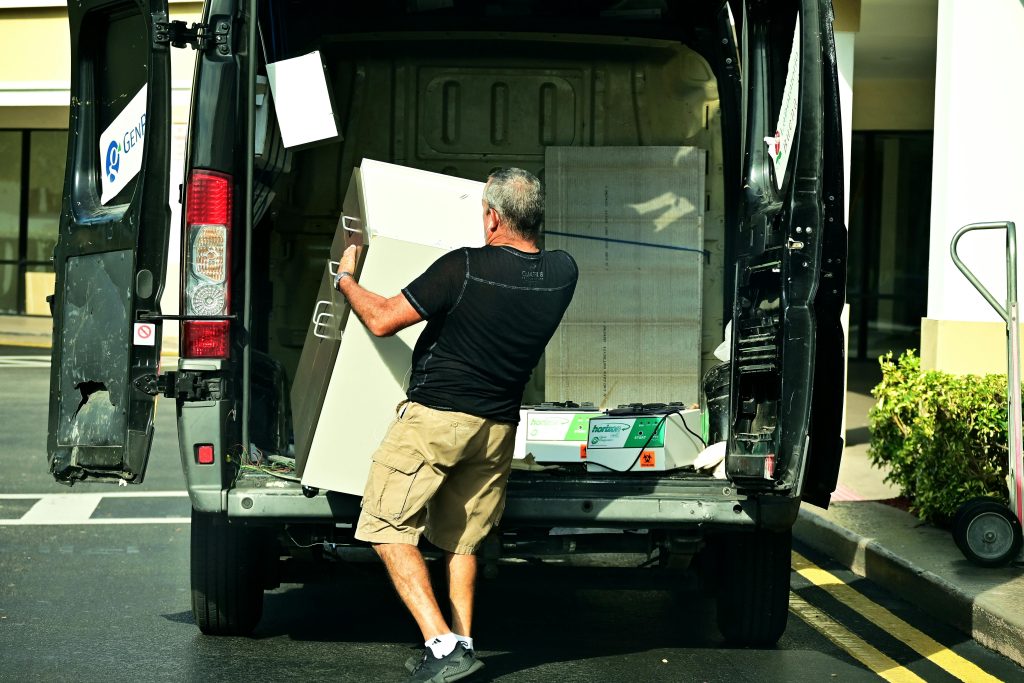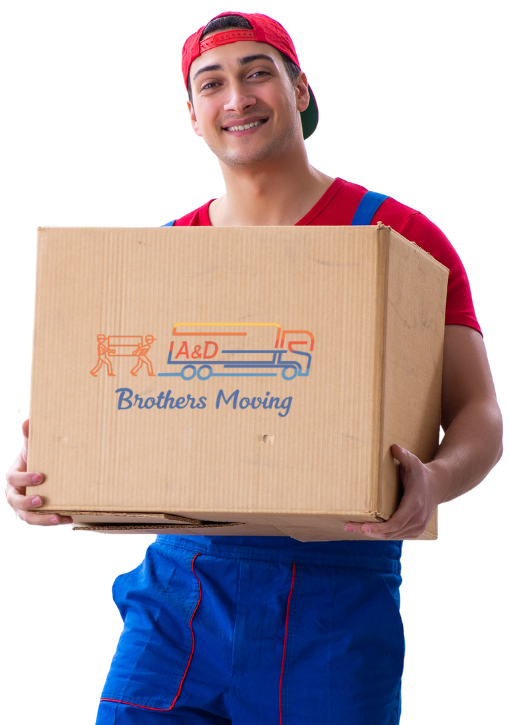Thinking about relocating your business but worried about the commercial moving company cost? You’re not alone.
Whether you’re upgrading to a bigger office, downsizing, or shifting to a remote-first model, one question always looms large: “How much will it cost to hire professional movers for my business?”
We’re breaking it all down for you — from average price ranges to cost-saving tips and hidden fees to watch out for. Grab your notepad (or just bookmark this), because this guide is your go-to resource for smart, stress-free budgeting.
Why Understanding Commercial Moving Costs Matters
A commercial move isn’t just about packing boxes and loading trucks — it’s about minimizing downtime, protecting your assets, and making a seamless transition. One misstep can cost your business thousands in lost productivity.
Knowing what to expect in terms of pricing helps you:
- Plan your budget accurately
- Avoid nasty surprise charges
- Compare moving companies fairly
- Identify where you can save
What Is the Average Commercial Moving Company Cost?
Here’s the deal: commercial moving costs vary widely depending on several factors (more on that in a second). But let’s start with a rough average.
| Business Size | Estimated Moving Cost |
| Small Office (1,000–2,000 sq ft) | $1,000 – $5,000 |
| Medium Office (2,000–5,000 sq ft) | $5,000 – $15,000 |
| Large Office (5,000+ sq ft) | $15,000 – $50,000+ |
Key Factors That Influence the Cost of Commercial Movers
Let’s unpack (pun intended) what actually determines how much your commercial move will cost.
1. Office Size & Inventory Volume
The bigger your office and the more equipment you have (desks, servers, filing cabinets, machinery), the more labor, trucks, and time are required — all of which impact your final bill.
2. Distance of the Move
- Local moves (under 50 miles): usually charged hourly
- Long-distance moves (50+ miles or cross-state): charged based on weight and mileage
Example: Moving a 3,000 sq ft office 10 miles might cost $3,500, while moving it 300 miles could spike to $10,000+.
3. Services You Select
Here’s what movers may charge extra for:
- Packing/unpacking services
- Specialized equipment handling (IT servers, lab machines, etc.)
- Storage solutions
- After-hours or weekend scheduling
- Insurance coverage beyond the basics
4. Building Access & Logistics
- Freight elevator access? Great, that keeps costs down.
- Stairs only, narrow hallways, or limited parking? Expect extra charges.
5. Timeline & Flexibility
Tight deadlines, last-minute bookings, or moving during peak seasons (like end-of-month or summer) may drive up costs by 10–25%.
What’s Typically Included in a Commercial Moving Quote?
When you get a quote, you should see these core services itemized:
✅ On-site walkthrough and cost estimate
✅ Labor (movers, drivers, coordinators)
✅ Moving trucks and fuel
✅ Basic equipment handling (desks, chairs, monitors)
✅ Loading and unloading
✅ Basic liability insurance
What’s not usually included (but may be added upon request):
- Full packing and unpacking
- Equipment disassembly and reassembly
- Disposal of old furniture
- Temporary storage
Always ask for a binding estimate, not just an hourly guess — this prevents surprise costs on moving day.

Sample Cost Breakdown: Small Business Moving 1 Mile
Let’s say you’re relocating a 10-person law firm to a new space down the street.
Here’s a realistic breakdown:
| Service | Cost |
| Pre-move consultation | Free |
| Packing (10 hours x $80/hour) | $800 |
| Loading, transport, unloading (5 movers x 6 hrs x $100/hr) | $3,000 |
| Equipment handling (safes, monitors, etc.) | $500 |
| Insurance upgrade | $250 |
| Estimated Total | $4,550 |
Not bad for a fully managed, hands-off move, right?
How to Save Money on Commercial Moving Costs
You don’t have to blow your entire operations budget on a move. Try these strategies to reduce your costs:
✅ Declutter Before the Move
Sell, donate, or recycle unused equipment to shrink your load.
✅ Pack Internally
Use your own team to pack non-essential items. Just make sure to label everything clearly.
✅ Move Off-Peak
Schedule your move mid-month or mid-week to avoid peak pricing.
✅ Compare At Least 3 Companies
Shop around for quotes, and don’t be afraid to negotiate.
✅ Use Your Own Supplies
Boxes, bubble wrap, dollies — these little things add up when rented from movers.
Watch Out for These Hidden Moving Fees
Not all companies are upfront, so keep an eye out for:
🚩 Fuel surcharges
🚩 Long-carry fees (if movers can’t park near your building)
🚩 Elevator wait time
🚩 Stairs fees
🚩 Certificate of insurance (COI) charges
🚩 Weekend or after-hours rates
Always ask for a line-item estimate that spells everything out before you sign a contract.
Should You DIY or Hire a Commercial Moving Company?
You could handle a move internally — rent a truck, enlist your team, and hope for the best. But is that really worth the risk?
Here’s a quick comparison:
| DIY Move | Professional Movers |
| Lower upfront cost | Higher cost, but more efficient |
| Greater risk of damage | Insured, trained staff |
| Employee time lost | Minimal business disruption |
| No liability protection | Full insurance and legal coverage |
If your business relies on uptime, sensitive equipment, or a smooth transition, professional movers are the safer bet.
Final Thoughts: Investing in a Seamless Commercial Move
Relocating your business is a big deal. While the commercial moving company cost may seem steep at first, the time saved, stress avoided, and professional handling of valuable assets is usually worth every penny.
You’re not just paying for muscle — you’re paying for experience, planning, safety, and speed.





